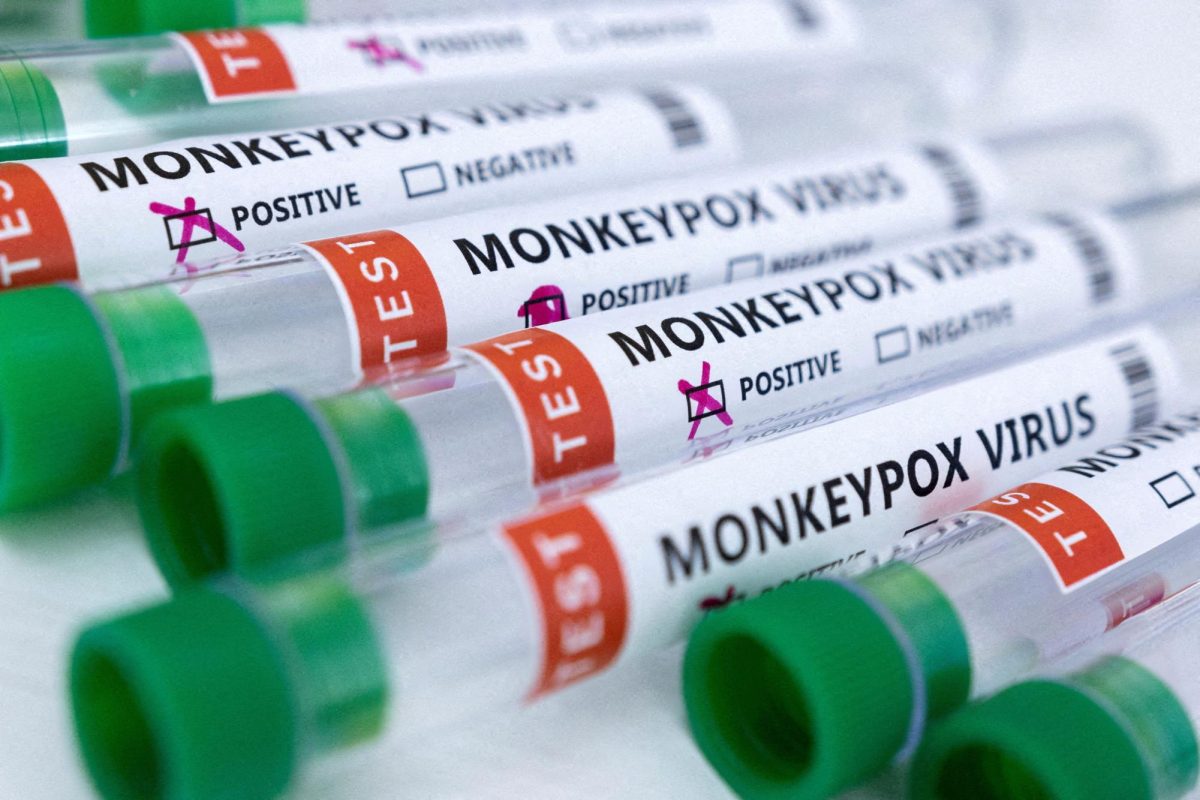The prevalence of the mpox disease is rising through its recent name change and the upsurge in cases. Monkeypox recently got a name change to mpox, and on Aug. 14, the World Health Organization (WHO) declared mpox a public health emergency of international concern. WHO Director-General Dr. Tedros Adhanom Ghebreyesus confirmed that the spread of mpox to neighboring countries is increasing, and he has requested international cooperation.
Originating in the Democratic Republic of the Congo in the 1970s, mpox is a disease transmitted through close contact and frequently spreads through contaminated objects. Mpox results in fevers, headaches, swollen lymph nodes, and, most prominently, rashes on the body which develop into blisters filled with liquid. These rashes can be extremely itchy and painful.
Nevertheless, mpox is an uncommon topic in South Korea. This year, there have only been 11 confirmed cases of mpox in Korea. Most people have limited experience with mpox. The fact that this disease is land-bound in third-world countries makes it inconsequential for people in most parts of the world.
“It is not something quite prevalent where I live [South Korea],” Niko Lambert, AP Biology teacher, said. “I never had mpox and do not know anyone who got mpox. I would say that my exposure to this particular virus is pretty limited.”
Although the WHO stated that mpox is much easier to cure compared to COVID-19, the pace of treatment is being overrun by the number of patients. The main method of transmission of these mpox strains is speculated to be through sexual networks.
Mpox is now considered to be endemic in central and west Africa. WHO previously stated that mpox could potentially spread globally, but they have deemed the threat as “moderate.” It is highly unlikely for mpox to spread into the U.S. or other countries. On the off chance that mpox arrives in South Korea in large numbers, it is important to remain prepared and vigilant.
“Since mpox is not prevalent in South Korea, education will be very important,” Mr. Lambert said. “Educating people on what mpox is, how it is transmitted, and what its symptoms are just some things that people could become more aware of. When they have symptoms of [mpox], education could lead people to take the right precautionary measures to stop it from spreading.”


